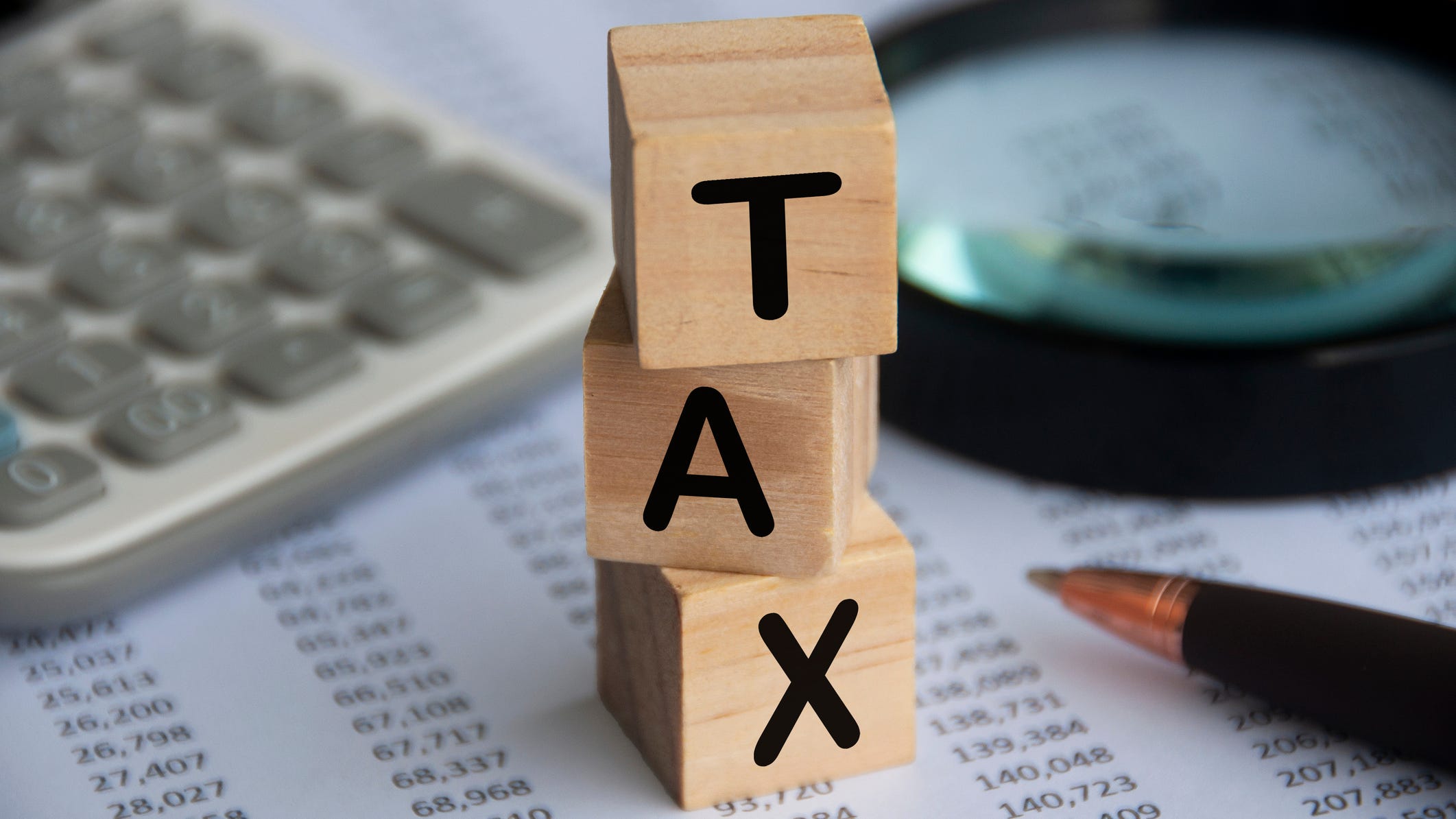Sold a home last year? Here's what to know about filing your taxes

It’s sad but true: selling a home is rarely as much fun as buying one. Still, it’s an inevitable part of homeownership, just like taxes. If you sold a home during the last year, here’s how to make the most of it as April 15 approaches.
What does the IRS consider a “home," anyway?
If you’ve lived in a property for two of the five years leading up to the sale, it qualifies as a primary residence, notes Billy Spencer, a wealth manager at Crestwood Advisors based in Boston. That makes you eligible for an exclusion on the capital gains you reap from the sale. For single filers, the exclusion is $250,000, while for married couples, it can be up to $500,000.
If the proceeds from your sale are less than those amounts, in other words, you won’t be taxed.
There are some specific exceptions, such as for military filers and for properties that are damaged. And if you have owned the home for less than a year, you don’t qualify for the exclusion. If you have any questions, it might be best to consult a tax professional for those situations.
Capital gains count, losses don't
Unlike with other assets, such as stocks, you are responsible for paying taxes on the capital gains you make from the sale of a home, but you cannot use a capital loss to your advantage.
Home improvements are likely deductible
Hopefully, you’ve been keeping good records of the upgrades you’ve made to your home over the years. Those costs can help reduce what you owe when you sell. “The way I think about it is anything you can take off the wall is not a capital improvement, but anything that is fixed there is,” Spencer says.
If you need a little more guidance, Spencer says IRS Publication 523 is a helpful, plain-English list of things to understand. If you think your situation is more complicated than that, you probably want to enlist a professional.
What to know if you sell a home you inherited
If you sell a home that you inherited, your “cost basis,” or the amount you are considered to have paid for the property, is its value on the date of death of the person who willed it to you, says Brian Tullio, a wealth manager at Fairway Wealth Management, which is based in Independence, Ohio.
In most cases, that amount would have been determined at the time the estate was settled, ideally with a qualified appraisal, Tullio says.